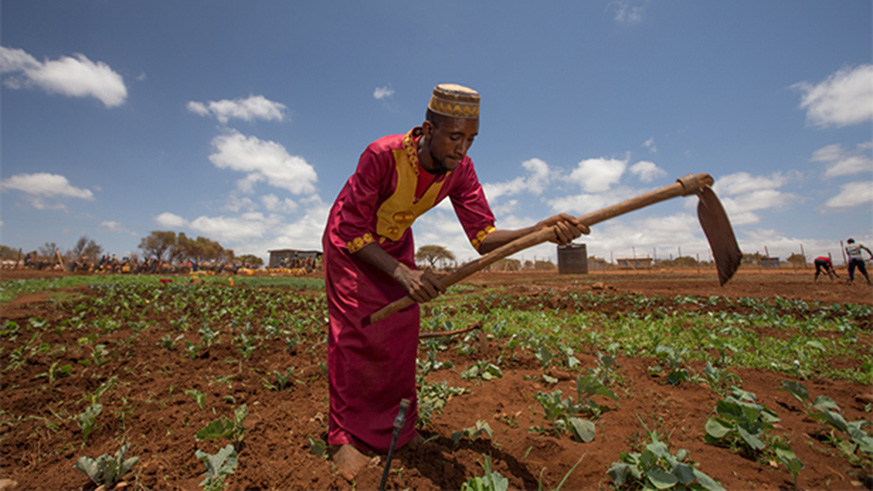

The leadership challenge in this part of the world is indeed an open secret. By the time of writing this, the general election in Nigeria had just been postponed by a week. I dread to think about the impact of such a decision given how much preparation and planning comes with such political moments. The logistical implications as well as an impact on those who had planned anything else based on the elections happening when they should have.


However, our challenges go beyond elections and how efficient we are in addressing them varies from one place to another. This can sometimes depend on the skills or the will to tackle them. One of the recurring issues is the case of leaders who are out of touch with the masses they lead. You can call it parachute leadership.
After being appointed to office they distance themselves from those whose lives they are supposed to improve. If the people are in a rural area then the leaders may move to the city and only visit the rural people only once in a while. Each time they visit, you can be sure there will be some sort of fanfare to remind the people that the leaders have come.
With their big cars, they will snake into the villages leaving a trail of dust as they go. Everyone else will be told to gather around to listen to their colourful but often empty speeches. They give the impression that they are one with the people even when they know this could be so far from the truth.
The effects of bad leadership always result in widening the gap not only between the rich and the poor but also between the leaders and the led. Cases of leaders selling what they don’t consume are now well known all over the continent. The leaders will talk about providing certain services while at the same time doing all they can to avoid the same services, especially when it comes to health and education.
These out-of-touch leaders get to a point where all they do is just performance with no tangible results. Many times they will keep doing or simply just talking about the same things over and over. Recently the people of one village in Marsabit County in Kenya got fed up of these antics and decided to come up with an interesting solution.
With leaders always talking to them about solving a water problem with no progress, the locals decided to serve the visiting leaders with bottles of brown water at a recent function. This was done to show the leaders the reality of what these people were facing of scarce water for both humans and livestock.
The photos of the leaders sitting next to their dirty brown ‘mineral’ water served by the locals made my day. You could tell that these people were tired of stories and were simply saying; "this is all we have and you should taste it before you remind us to bear with you as you work to fix the problem”. For me, this kind of treatment needs to be served to any other out-of-touch local leaders that are all talk and no work.
If you can’t drink that water then why do you think others should have to drink it thanks to your failure to do what they expect from you? We should treat leaders like salespeople; why should you sell something you are not willing to consume? If it is not good for you why should you assume it is good for others?
Of course, there are those situations where the same leaders will pretend to be one with the people by joining them to share a meal once in a while, especially when an election is close by, but people should not fall for these occasional antics.
Demand for good governance and provision of quality services must be done regularly and vigorously. As a leader, if you can’t deliver then you should step aside and give others a chance to show you how it is done..
Email: ssenyonga@gmail.com
Blog: www.ssenyonga.wordpress.com
Twitter: @ssojo81
The views expressed in this article are of the author.


